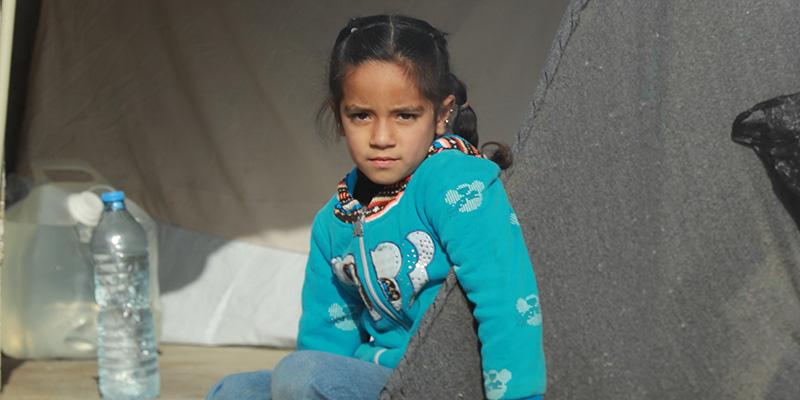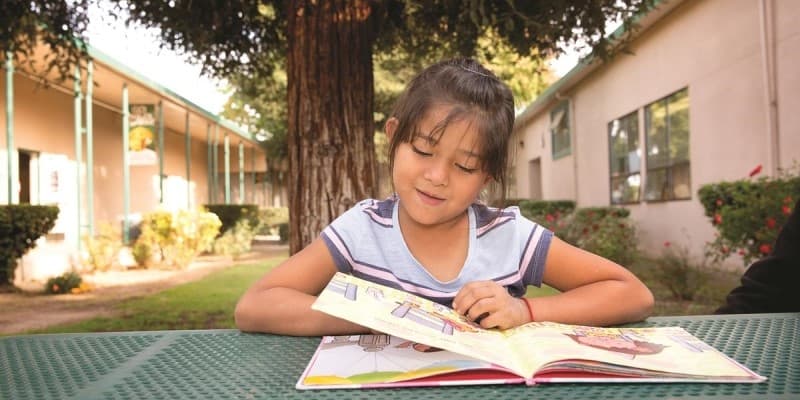
Credit(Photographer)
Victoria Zegler
How to Help Children with Difficult Transitions
Childhood is a time of transition. So many parents document their child's transitions—from baby’s first bite of solid food to their graduation from pre-school—with pride and excitement. While some of the transitions that kids make can be a bit scary at first, like removing a pair of training wheels, other transitions are more difficult to navigate.
When it comes to social transitions, children’s reactions can vary greatly. It is important for parents and caregivers to help guide and support the needs of children during these transitions.
6 Ways to Help Kids with Transitions
- Express, acknowledge and validate. Let your child know that you hear and see them and that they can talk to you about how they’re feeling. Let them know their feelings are okay and that sometimes you feel the same way.
- Find solutions together. Collaborate with your child to find ways to positively move forward. For example: “What can we do to feel less worried? Maybe we can talk with your new teacher and introduce ourselves.”
- Little by little, build your routine to the new normal. For example, set aside 30 minutes a day for your child to read, just as they would do at school. Or do “recess” and play outside at the same time that they would during school hours.
- Encourage positive thinking. Help your child focus on the great experiences that will come their way when they’re back at school, like seeing friends and favorite teachers. If they’re overwhelmed, remind them that you’re there by their side.
- Bring on the fun! Find ways to celebrate the transition to the new normal. Try setting up a play date with a friend who will also be going back to class. Or have a “back to school party” with fun, silly learning activities.
- Reach out to your community. Talk to others about what you and your child are experiencing. You may find you’re in good company and come away with new ideas to try. If your child shows prolonged signs of anxiety and worry, don’t hesitate to reach out for professional support.
- Show patience, kindness and grace. Transitions are tough, especially in this unprecedented time. Give yourself and your child grace. Together, take some nice, calming breaths. Share with each other what went well today, and for what you are grateful.



